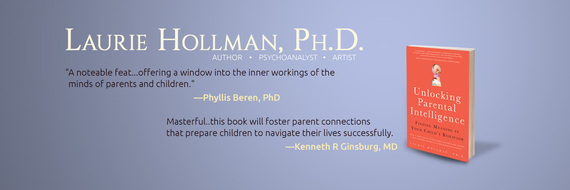Do you remember last year when it seemed you and your kids were always rushing and getting exhausted? There are so many activities after school and lots of pressure to be in them all. But too much scheduling actually can slow productivity, because by the time the kids get to homework and dinner they are spent. Here are some better ways to tackle this problem this year.
10 tips on scheduling activities
1.Have a discussion with your child about what truly interests them. Listen carefully to their points of view.
2.Do your kids want to do things because their friends are doing them or because they actually like the sport or activity? Doing things with friends is fine of course, but try to narrow down what they like best.
3.Give your kids some options of things they haven't tried so they can discover new interests and talents. If they don't work out, try and be flexible rather holding fast to the rule that you must finish what you start. Allow for some experimentation.
4.Prioritize if your child wants so much that you know they won't be able to keep up with academics as well as after school plans. Then choose from the top of the list.
5.Remember play time is also learning time. Make sure there's time for exploration that isn't structured, so your kids learn about nature, fantasize lots of stories in your yard or neighborhood, and find time to experience some adventures.
6.Don't skip alone time. It's important for your child to feel the pleasure of doing things independently. Some kids do this naturally but others insist they must have someone always by their side to play with. Nurture alone time because it improves self-confidence, teaches kids to think for themselves rather than say "I'm bored" just because they don't have a companion.
7.Save time to have some good conversations with your kids. Have some casual afternoons when you can just visit together before or after homework. This is your time to get to know what's cooking in your child's mind. Listen to their thoughts and feelings and they'll know they can confide in you.
8.If your kids are talented athletes who are asked to be on travel teams, try to limit other activities because this takes a lot of time and planning. It requires a huge commitment on your part to travel around and watch the games. Maybe team up with some other parents to take the load off, but chances are your child will want to you see him or her play.
9.Look for cues of exhaustion such as irritability, headaches, stomach aches, trouble settling down to fall asleep, or falling asleep in the car on the way home from the activity. These are red flags that too much may be planned and you and your child need a second look at what's been scheduled.
10.Most important is to periodically reassess what's been established as the months roll by. You may want to rearrange things to fit increasing academic pressures, testing, and other activities that weren't available at the start of school. Remember to be flexible and listen carefully to your child's wishes and needs. Find out what they expect of themselves and see if they've gone overboard or are underestimating what they can enjoy and achieve.
Self-esteem is the crucial question when planning academics, social life, and after school activities. Monitor if your child is feeling good about him or herself when he or she returns from the days' events. Are their coaches and leaders of activities giving them the boost they need to feel good about what they are learning? You don't want to be an interfering parent, but it is important to be your kid's advocate if they need some praise and support from these instructors so things run smoothly and you and your child can feel proud.

Laurie Hollman, Ph.D., psychoanalyst and author of Unlocking Parental Intelligence: Finding Meaning in Your Child's Behavior found on Amazon, Barnes and Noble, Familius and wherever books are sold.